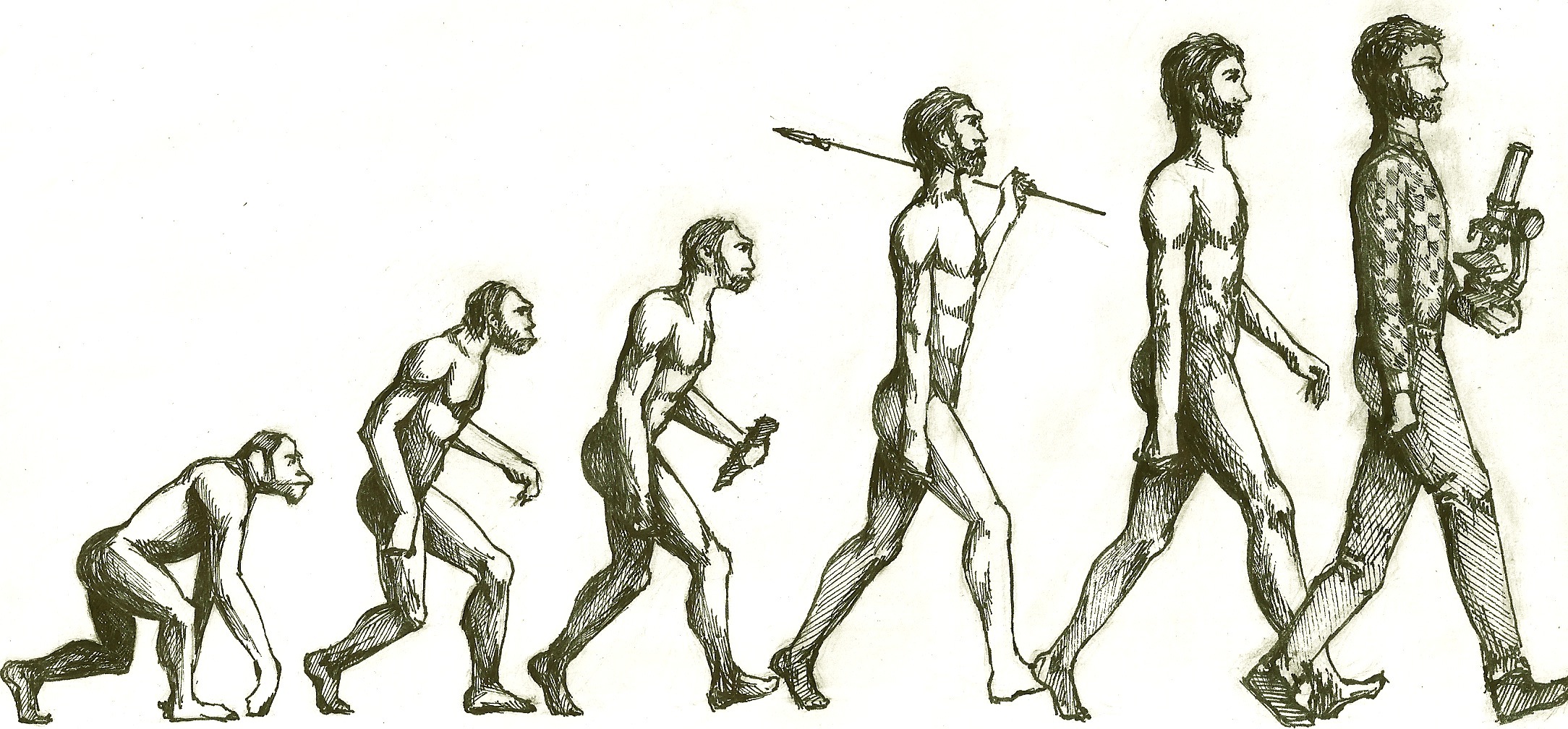"Research is adoration."
Teilhard de Chardin, S.J.
***
Psychologists find deep connection between scientific method and morality
Though this finding replicates across different measures and methods, there’s one variable that might limit the generalizability of the effect. There is some evidence suggesting that attitudes towards science vary across political parties with conservatives having become decreasingly trustworthy of science over the past several decades. Though the researchers did include measures of religiosity in their studies, which did not affect the relationship between science and morality, ideally they would have also controlled for political affiliation. It’s not a stretch to imagine that undergraduate students at the University of Santa Barbara disproportionately represent liberals. If so, the relationship between science and morality found here might be stronger in self-described liberals.
That said, there’s also reason to believe that the general public, liberal or conservative, can draw a distinction between the scientific process and its practitioners. In the same way that people might mistrust politicians but still see nobility in the general organizing principles of our political structure, we could hold charitable views of science independent of how it might be conducted.
These results might seem encouraging, particularly to fans of science. But one possible cost of assigning moral weight to science is the degree to which it distorts the way we respond to research conclusions. When faced with a finding that contradicts a cherished belief (e.g. a new study suggesting that humans have, or have not, contributed to global warming), we are more likely to question the integrity of the practitioner. If science is fundamentally moral, then how could it have arrived at such an offensive conclusion? Blame the messenger.
How can we correct this thought process? A greater emphasis on, and better understanding of, the method might do the trick. It’s significantly harder to deny the import of challenging findings when you have the tools necessary to evaluate the process by which scientists arrived at their results. That new study on global warming is tougher to dismiss when you know (and care enough to check) that the methods used are sound, regardless of what you think the authors’ motivations might be. In the absence of such knowledge, the virtue assigned to “science” might also be a motivational force for ideological distortion, the precise opposite of impartial truth-seeking.

No comments:
Post a Comment